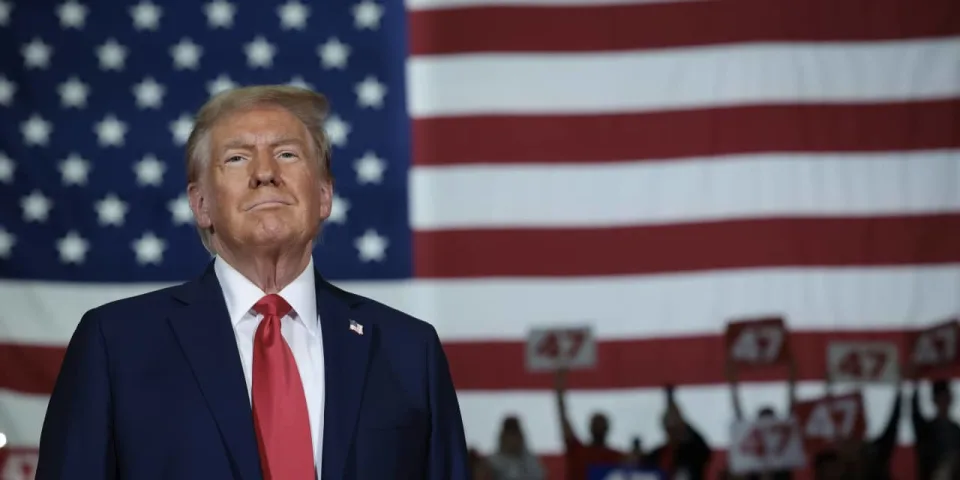Trump Media & Technology Group’s stock (DJT) saw a sharp 22% drop on Wednesday, erasing recent double-digit gains following two volatile trading sessions. This comes just days before the highly anticipated election between Republican nominee Donald Trump and Democratic Vice President Kamala Harris.
The stock was briefly halted multiple times on Tuesday due to heavy trading volume but still closed with an 8% gain, reaching its highest level since May. Despite Wednesday’s decline, which slashed over $2 billion from DJT’s market cap, shares are still up nearly 190% from September lows.
Experts attribute the stock’s fluctuations to heightened election uncertainty, with investor sentiment heavily split on Trump’s prospects. “It’s a binary bet on the election,” said Matthew Tuttle, CEO of Tuttle Capital Management, noting that shares could plunge to zero if Trump loses. Tuttle, who owns put options on DJT, anticipates continued oscillations until election results are clear.
Interactive Brokers’ chief strategist Steve Sosnick added that DJT has become “a leveraged bet on Trump’s electoral chances,” comparing the stock’s behavior to a meme stock, where high volume and speculation fuel sharp price swings. With overseas betting markets favoring a Trump win, DJT has seen increased activity, despite national polls showing a close race in key states like Pennsylvania, Michigan, and Wisconsin.
The stock’s recovery comes after hitting a low in September following a lockup expiration period, with shares previously pressured as polls showed Harris with a slight lead. Trump, who holds a 60% interest in DJT, has a stake valued at roughly $4.9 billion at current levels around $40 per share, giving the company a market cap of $8.1 billion.
DJT has faced operational challenges, including a COO resignation last month and a reported second-quarter net loss of $16.4 million. Revenue for the same period was under $837,000, marking a 30% year-over-year decline, adding to investor concerns about the platform’s long-term viability amid a competitive social media landscape.





